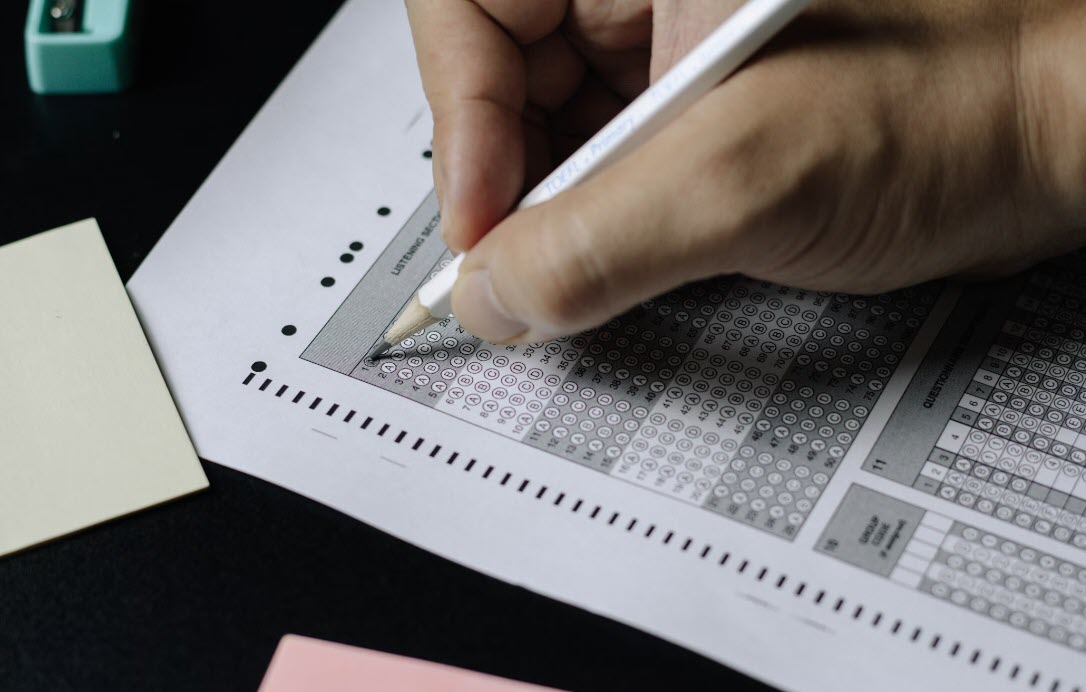As a nurse practitioner who’s been through the process, I know firsthand how nerve-wracking it can be to prepare. Understanding what to expect on test day can make a huge difference in your confidence and performance. Let me share what I experienced and some tips to help you feel more prepared.
1. Before Test Day
Your preparation shouldn’t just focus on studying; there are some logistical things to get squared away too:
Registration Confirmation: Double-check that you’ve received your confirmation email from the exam board (AANP or ANCC). This email will tell you where you need to go, what time to be there, and any specific instructions you should follow.
ID Requirements: Bring two valid forms of ID—one needs to be a government-issued photo ID. I brought my driver’s license and passport but as long one is government issued you are good to go. Make sure the name on your IDs matches the name you registered under. This might seem obvious, but it’s easy to overlook! And make sure it is not expired or about to expire on your test day.
Testing Center Rules: Most testing centers have strict rules about personal items. Things like your cell phone, watch, bags, and notes won’t be allowed in the testing area. Some places provide lockers, but it’s a good idea to leave anything non-essential at home to make things easier.
2. On Test Day
When the big day comes, here’s what you can expect:
Arrival Time: Aim to arrive at least 30 minutes before your scheduled test time. My test site was over an hour away so I arrived an hour early. I found that this gave me enough time to check in, put my things away, and get settled without feeling rushed. I ate a good breakfast and brought a protein bar to eat right before I went in to avoid getting hungry.
Security Measures: Be ready for some security checks. This might include a metal detector scan, fingerprinting, or palm vein scanning, and having your photo taken. It sounds intense, but it’s all part of making sure the testing process is secure.
Check-In Process: After showing your ID, you’ll be assigned a computer station. The proctor will explain how to get started, so if you’re unsure about anything, don’t be shy—ask questions. Check out https://www.prometric.com/test-takers/what-expect to know exactly what to expect on test day. They are the ones that proctor the exam.
3. During the Exam
Both the AANP and ANCC exams are designed to test your knowledge, clinical judgment, and ability to apply what you’ve learned in real-world scenarios. Here’s what you’ll face:
AANP Exam: This consists of 150 multiple-choice questions—135 of these count toward your score, while 15 are pre-test questions that don’t affect your results. You’ll have 3 hours to complete the exam. Take your time, you end up having almost 4 minutes per question. I am slow test taker so I took the entire time because I went back to review all my answers. Do what works for you!
ANCC Exam: The ANCC exam has 175 questions, with 150 that are scored and 25 that are pre-test questions. You’ll have 4 hours, and the questions can be a mix of multiple-choice, multiple response, drag-and-drop, and “hot spot” types.Breaks: If you really need to step away, be aware that the clock keeps ticking. I made sure to take care of any bathroom needs before starting. Again, I would check out the prometric website as they are the ones that proctor the exam for tips on testing center policies and breaks: https://www.prometric.com/covid-19-update/test-center-policies.
On-Screen Tools: There are on-screen tools like a calculator, highlighting, and strike-through options that can help you manage your time and focus on key points. I found these tools to be really useful.Pace Yourself: Keep an eye on the time. If you’re stuck on a question, don’t get bogged down—mark it for review and move on. You can always circle back to it later. Sometimes I would just close my eyes and lean back in my chair to allow my brain to refresh and take some deep breathes to calm down. It really did help me! You don’t want anxiety to get the best of you so be kind to yourself and use positive self talk. You are not going to get every question right and that’s okay.
4. After the Exam
Once you’ve completed the exam, here’s what happens next:
Survey: You might be asked to fill out a survey about your testing experience. It’s optional, but it can be helpful for the testing organizations to get feedback.
Preliminary Results: If you took the AANP exam, you’ll get a preliminary pass/fail result right after finishing. For the ANCC exam, you’ll have to wait a few days for your results.
Official Result: Your official results and certification will arrive by mail within a few weeks. If you pass, congratulations! You can start using the FNP-C (AANP) or FNP-BC (ANCC) credential.
5. Tips for Success
A few last pieces of advice to help your test day go smoothly:
Get a Good Night’s Sleep: I know it’s easier said than done, but try to get 7-8 hours of sleep the night before. Being well-rested will help you stay focused. And if you can’t sleep the night before, don’t beat yourself up! It happens to the best of us!
Eat a Balanced Meal: Like I said, I had breakfast before my test. Just make sure to have a good meal before the test—something that will keep you energized but not make you sluggish. Avoid anything too heavy or greasy.
Stay Calm and Positive: It’s natural to feel anxious, but try to stay calm. Trust in your preparation and know that you’re ready for this.
